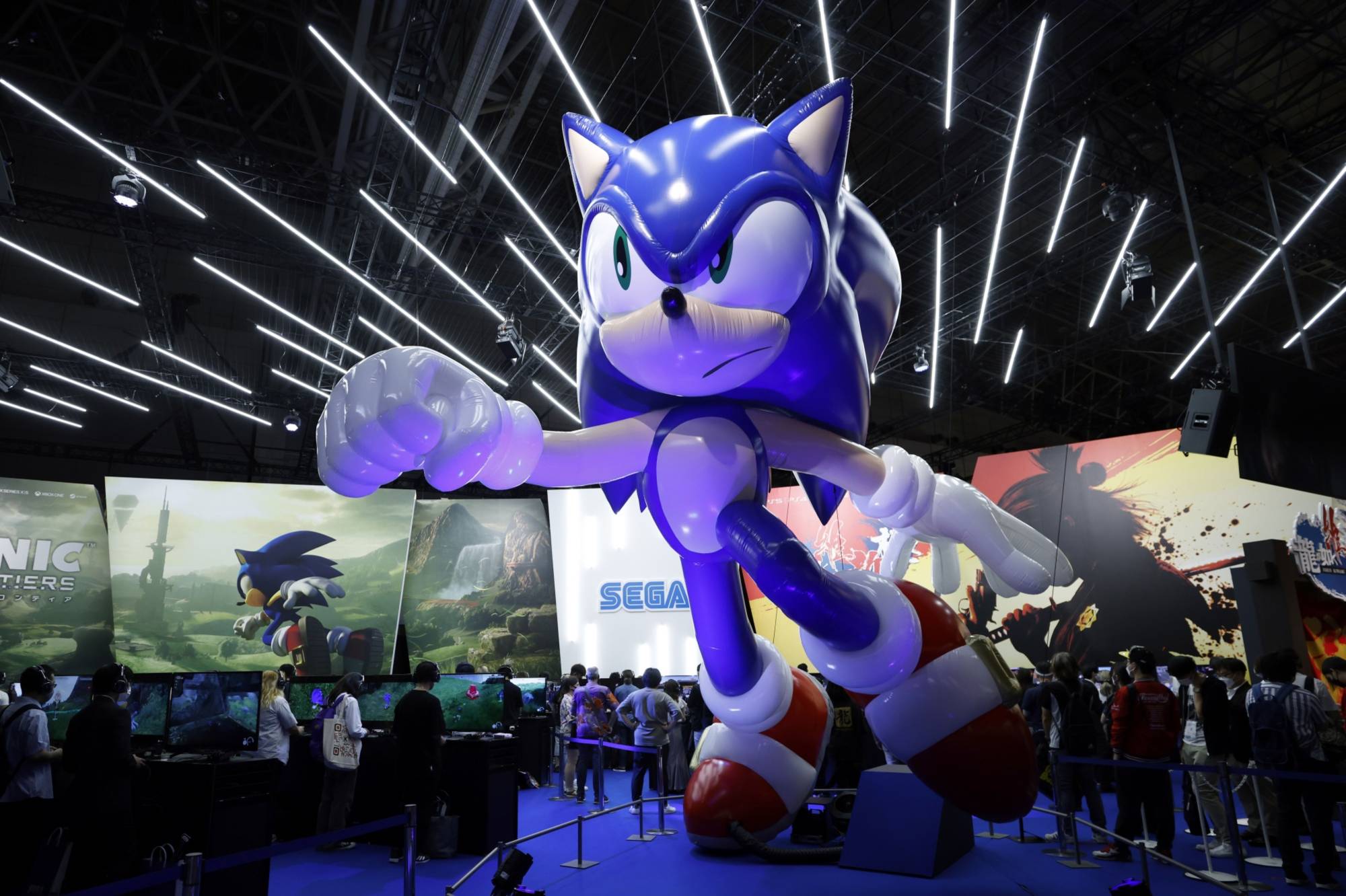Japan’s video game world was rocked recently by news that Yuji Naka, one of the creators of the iconic Sonic the Hedgehog series, was arrested on allegations of insider trading.
The potential downfall of a storied 1990s name might have more symbolic meaning: Just as shocking for some in the industry will have been a commentary in China’s People’s Daily the same week, calling on the country to strengthen its strategic planning in the video game sector. The medium can play an important role "promoting Chinese culture” and enhancing the country’s influence in the world, it said.
Japan should take that as a warning: China is rightly envious of its smaller neighbor’s soft power. Despite a significant language barrier, Japan punches well above its weight in pop-culture sectors such as video gaming and animation — something that’s proved to be an important tool for winning friends and maintaining international status as its economic might has declined.


















With your current subscription plan you can comment on stories. However, before writing your first comment, please create a display name in the Profile section of your subscriber account page.